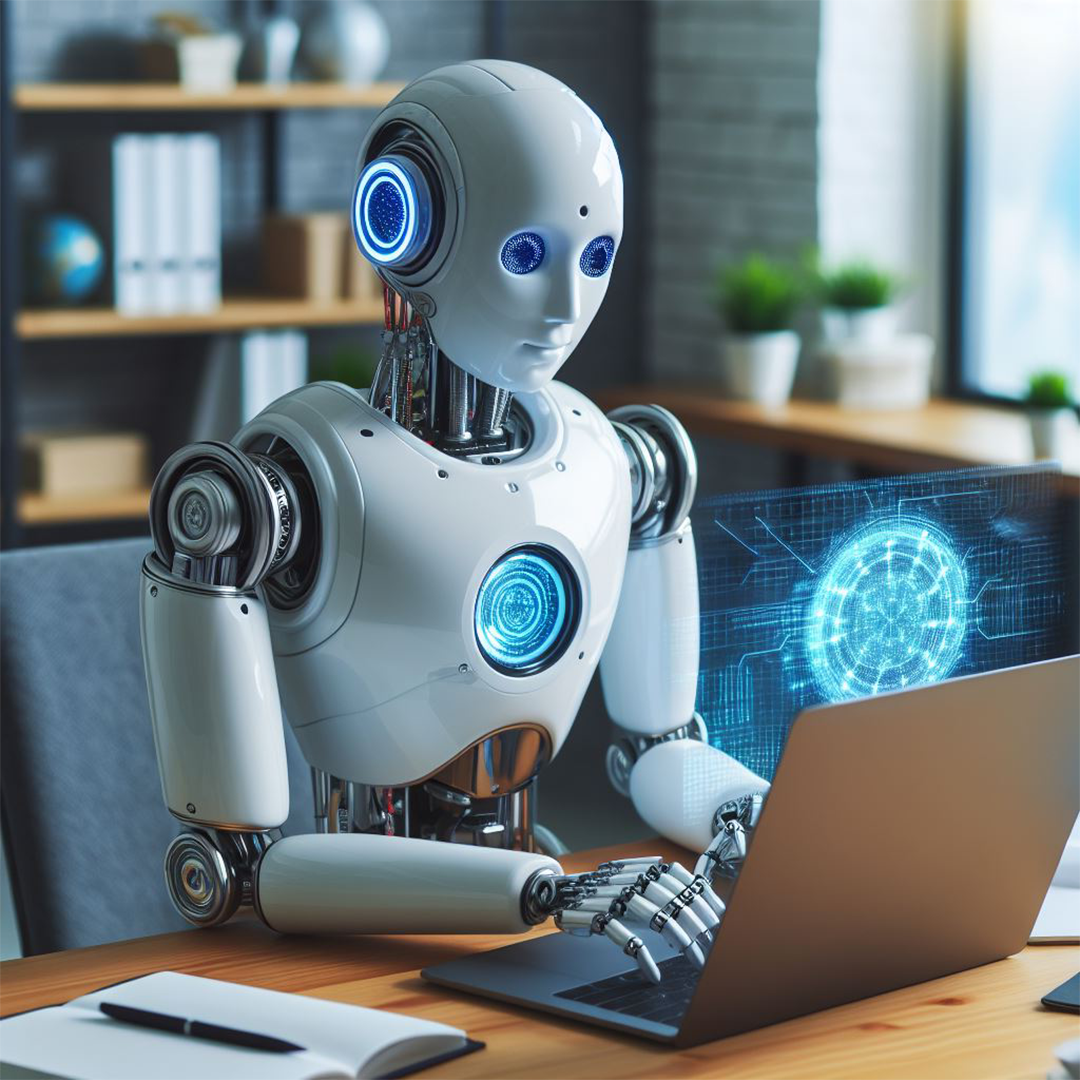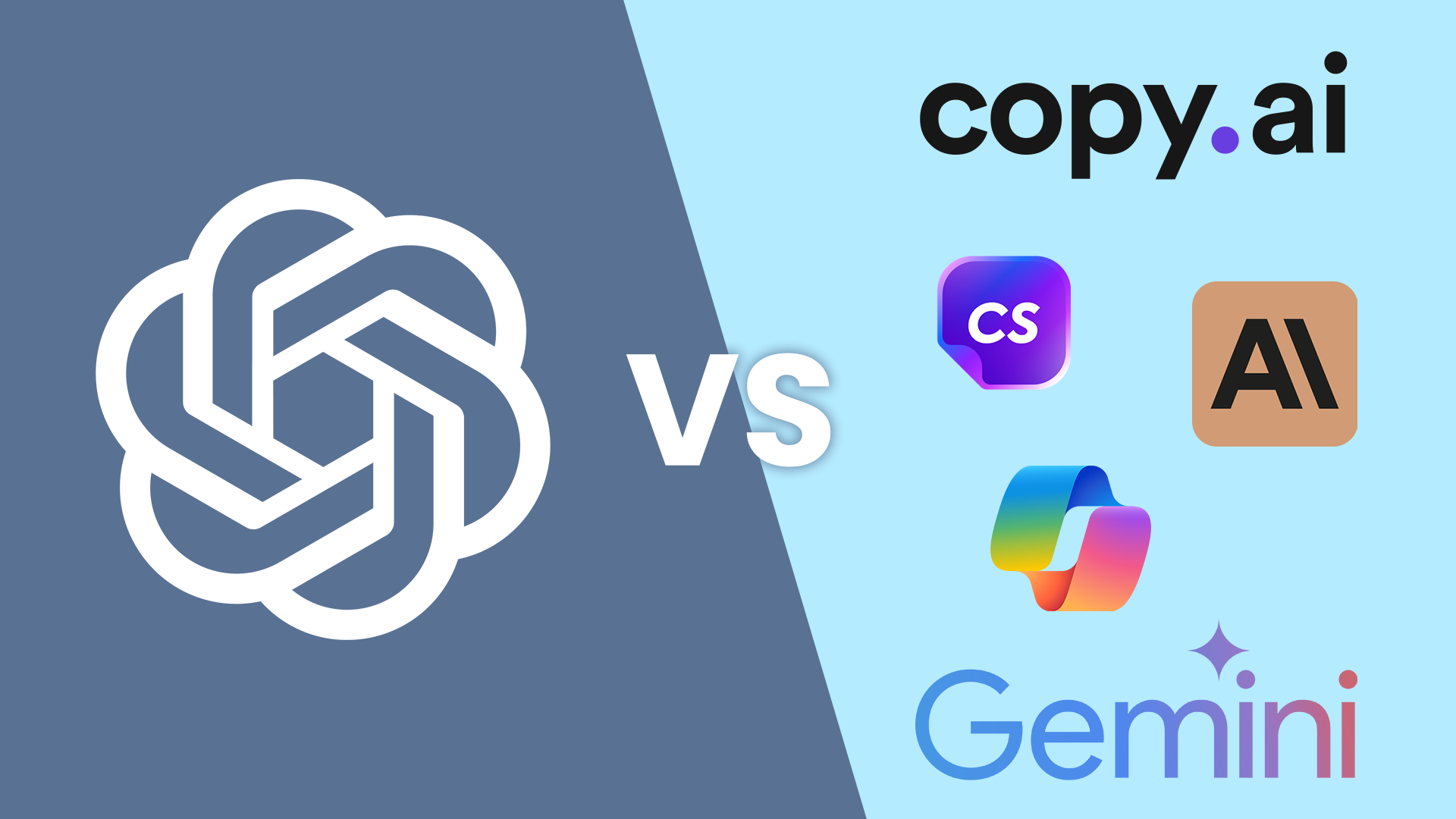Table of Contents
AI & Machine Learning
Enterprise Resource Planning (ERP) systems have been a cornerstone of business operations for decades, enabling organizations to manage and streamline various aspects of their operations, from finance and human resources to supply chain and customer relationship management. As technology advances rapidly, the ERP industry is transforming significantly, driven by the integration of Artificial Intelligence (AI) and Machine Learning (ML) technologies. In this article, we will explore the future of ERP systems and discuss how AI and ML are revolutionizing the industry, providing businesses with new capabilities and unprecedented levels of efficiency and effectiveness.
Enhanced Decision-Making with Predictive Analytics
One of the most significant ways AI and Machine Learning transform ERP systems is through the integration of predictive analytics. These advanced analytics capabilities enable organizations to process large volumes of data from various sources, identify patterns and trends, and make data-driven decisions to improve their operations. By leveraging AI-powered predictive analytics, businesses can anticipate future demand, optimize inventory levels, identify potential bottlenecks in their supply chain, and make more informed decisions on resource allocation and investments.

Improved Customer Experience through Personalization
AI and ML technologies empower ERP systems to deliver personalized customer experiences by analyzing customer data, segmenting users based on their preferences and behaviors, and tailoring marketing messages and product offerings accordingly. By leveraging this information, businesses can offer personalized promotions, recommendations, and support, improving customer satisfaction, increased loyalty, and higher revenue generation.
Streamlined Business Processes with Automation
AI-driven automation is another significant advancement in the ERP industry. By integrating AI and Machine Learning technologies, ERP systems can automate repetitive, manual tasks such as data entry, invoice processing, and order management. This automation increases efficiency, reduces human error, and allows employees to focus on more strategic, value-added activities.
Enhanced Risk Management and Fraud Detection
Integrating AI and Machine Learning technologies in ERP systems can significantly improve risk management and fraud detection capabilities. By analyzing large volumes of data, AI-powered ERP systems can identify unusual patterns, anomalies, and potential security threats. This advanced detection enables businesses to mitigate risks, reduce potential losses, and ensure compliance with regulations and industry standards.
Optimized Supply Chain Management
AI and ML can profoundly impact supply chain management within ERP systems. By AI-powered ERP systems can optimize inventory levels, predict potential disruptions, and enhance supply chain efficiency by analyzing historical data, current market trends, and real-time information, resulting in reduced lead times, improved customer satisfaction, and increased profitability.
Workforce Planning and Talent Management
AI and ML also transform how businesses manage their workforce through ERP systems. By leveraging AI-driven analytics, organizations can predict future workforce requirements, identify skill gaps, and optimize their talent management strategies. This enables businesses to recruit the right people, develop their existing workforce, and retain top talent, improving organizational performance and competitive advantage.
Evolving ERP Systems with Continuous Learning
AI and ML technologies enable ERP systems to evolve and adapt continuously. As more data is gathered and analyzed, the system becomes better at understanding the business’s needs and providing actionable insights. This continuous learning enables organizations to stay ahead of the competition, anticipate market changes, and adapt their strategies accordingly.
Conclusion
The future of ERP systems is being shaped by the integration of AI and Machine Learning technologies, leading to significant advancements in decision-making, customer experience, process automation, risk management, supply chain optimization, and workforce planning. As these technologies continue to develop and mature, businesses that leverage AI-powered ERP systems will be better positioned to capitalize on new opportunities, drive innovation, and maintain a competitive edge in an increasingly complex and dynamic business landscape.
NPEC can help your company get started with a brand new ERP System! Just contact us here!




